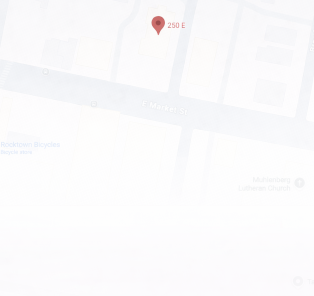Premises liability is an important concept for Central Virginia residents to understand. While many people may not know this, individuals who own real estate can be responsible for injuries to others resulting from dangerous or unsafe conditions of the property. If you were injured on someone else’s property, you may be able to recover damages for your injury.
Many factors are considered when assessing whether a property owner is liable for injuries that occur on his property. These factors include who the plaintiff is, why the plaintiff was on the owner’s property, how the defendant uses the property, how obvious a danger on the property is, where on the property the injury occurred, and the specific cause of the injury.
Trespassers, licensees, and invitees
There are many reasons why someone other than the landowner could be on the property. Three major categories of people that we will examine are trespassers, licensees, and invitees.
A trespasser is defined as someone who “intentionally and without consent or privilege enters another’s property.” Generally, the property owner owes no duty of care to trespassers; trespassers, by unlawfully entering someone’s property, accept the risks associated with the land. The only duty of care that is widespread in Virginia case law is the duty to not injure a discovered trespasser willfully or intentionally.
Unlike trespassers, there are some conditions in which individuals other than the property owner are legally permitted to access the land. One example of this is licensees, defined as “one who enters for his own [or the owner’s] benefit with the knowledge and consent, express or implied, of the owner.” Even though some licensees can be invited onto the property, these individuals differ from invitees. The main distinction between the two arises from a licensee having business interests. Common examples of licensees include hunters, individuals using the property as a thoroughfare to another place (with owner permission), social guests who go where not invited, and employees who have no business on the part of the land where they wander.
Mostly, there is minimal duty owed to the licensee from the landowner to make the conditions safer for licensees. The individual on the property usually takes the land “as is” and accepts the risks once entering the property unless the injury is caused by intentional acts of the defendant. However, the landowner can be held liable for injuries if he knows there are substantial risks on his property and he fails to use reasonable care to warn the licensee when the licensee has no way of knowing the risks beforehand.
Someone is generally categorized as an invitee if there is an express or implied invitation, the premises are “thrown open to the public,” and the invitee enters for the purpose of which the premises are open to the public. An example of this would be a business owner who owns the property that his store is built on. When customers enter the store to shop, they are invitees.
Property owners owe the highest duty of care to invitees. For invitees, the property owner has a duty to maintain the property with reasonable and ordinary care, and to warn invitees of any possible dangerous conditions. Failing to do so could result in the defendant being liable for the plaintiff’s injuries.
For a legal consultation with a personal injury lawyer, call (434) 817-3100
Seek justice for your injuries
If you were injured and owed a duty of care by a property owner, the legal team at MartinWren P.C. Attorneys at Law is available to help you. Our Charlottesville VA Personal Injury Lawyers provide exceptional care to Charlottesville and Harrisonburg residents. Call our Virginia Personal Injury Lawyers today for your free consultation.
Call (434) 817-3100 or complete a Case Evaluation form



